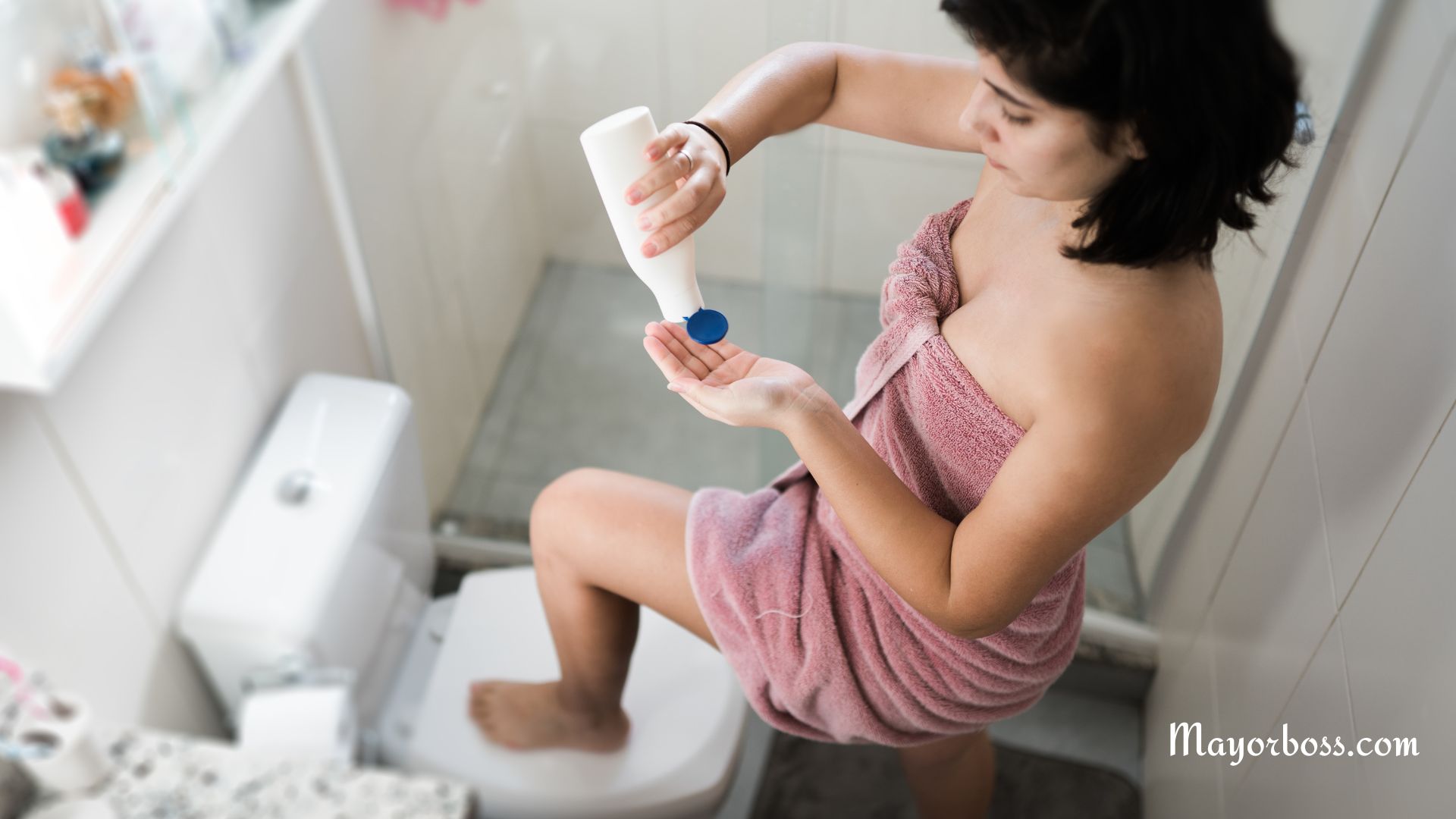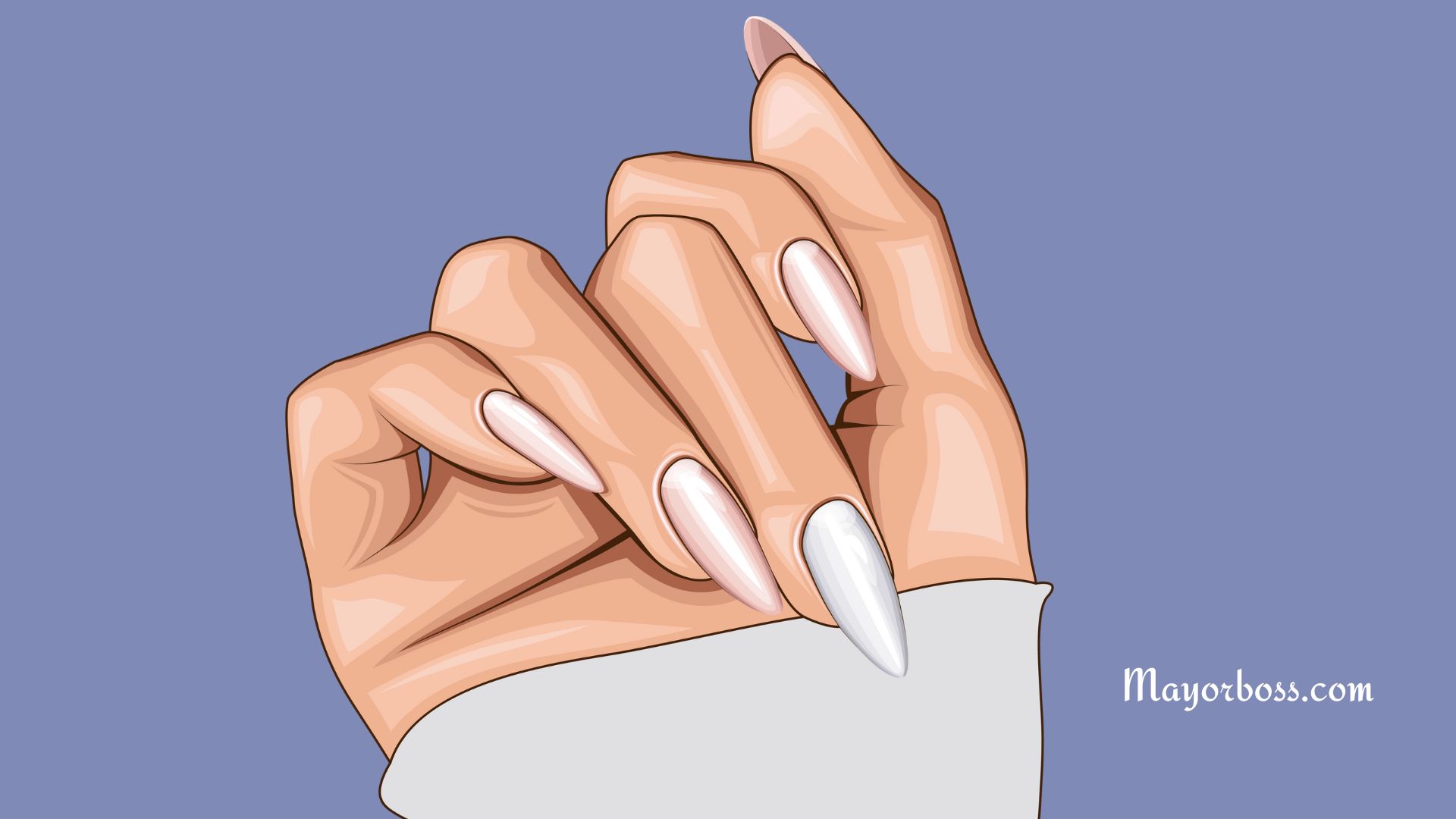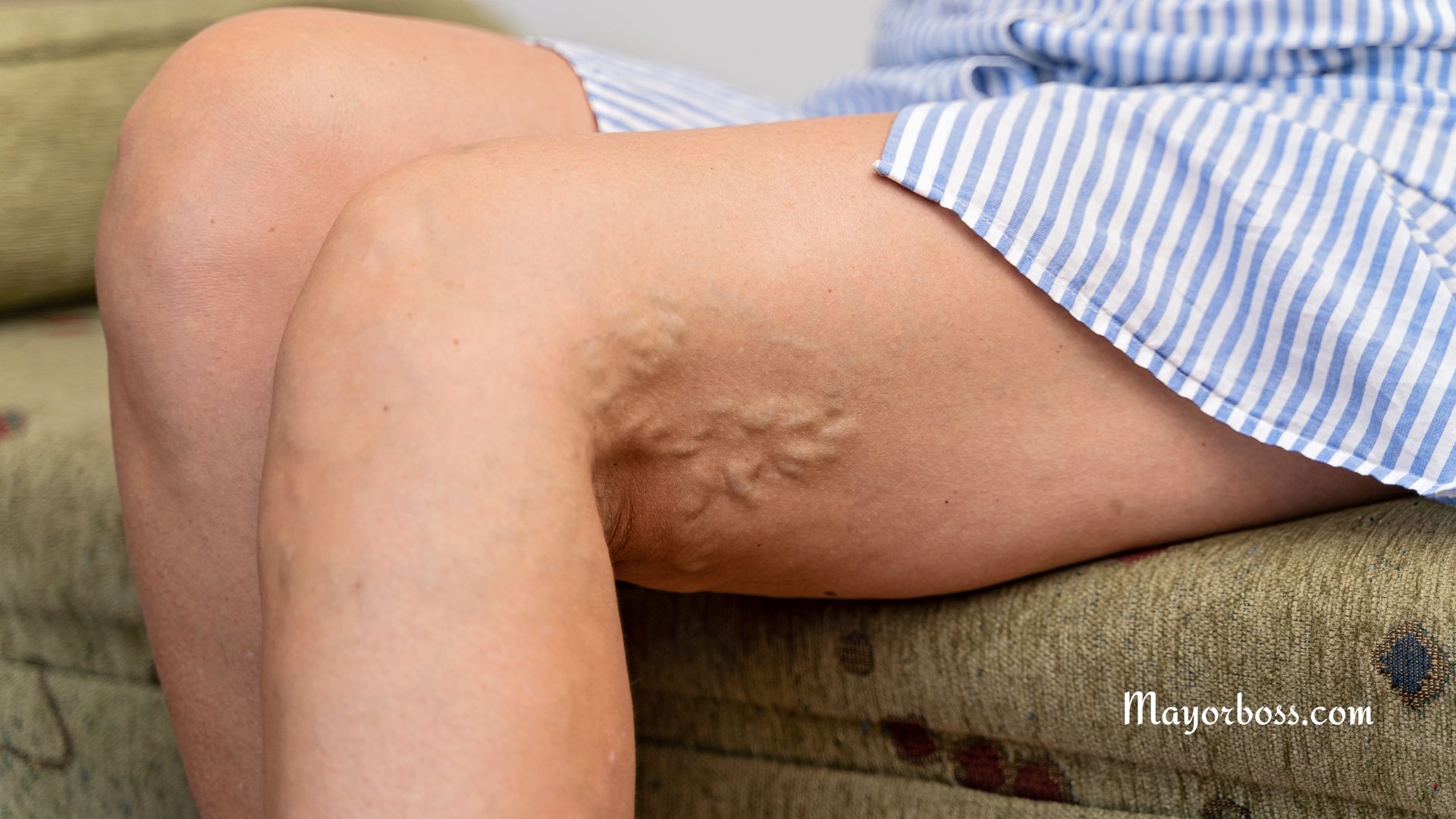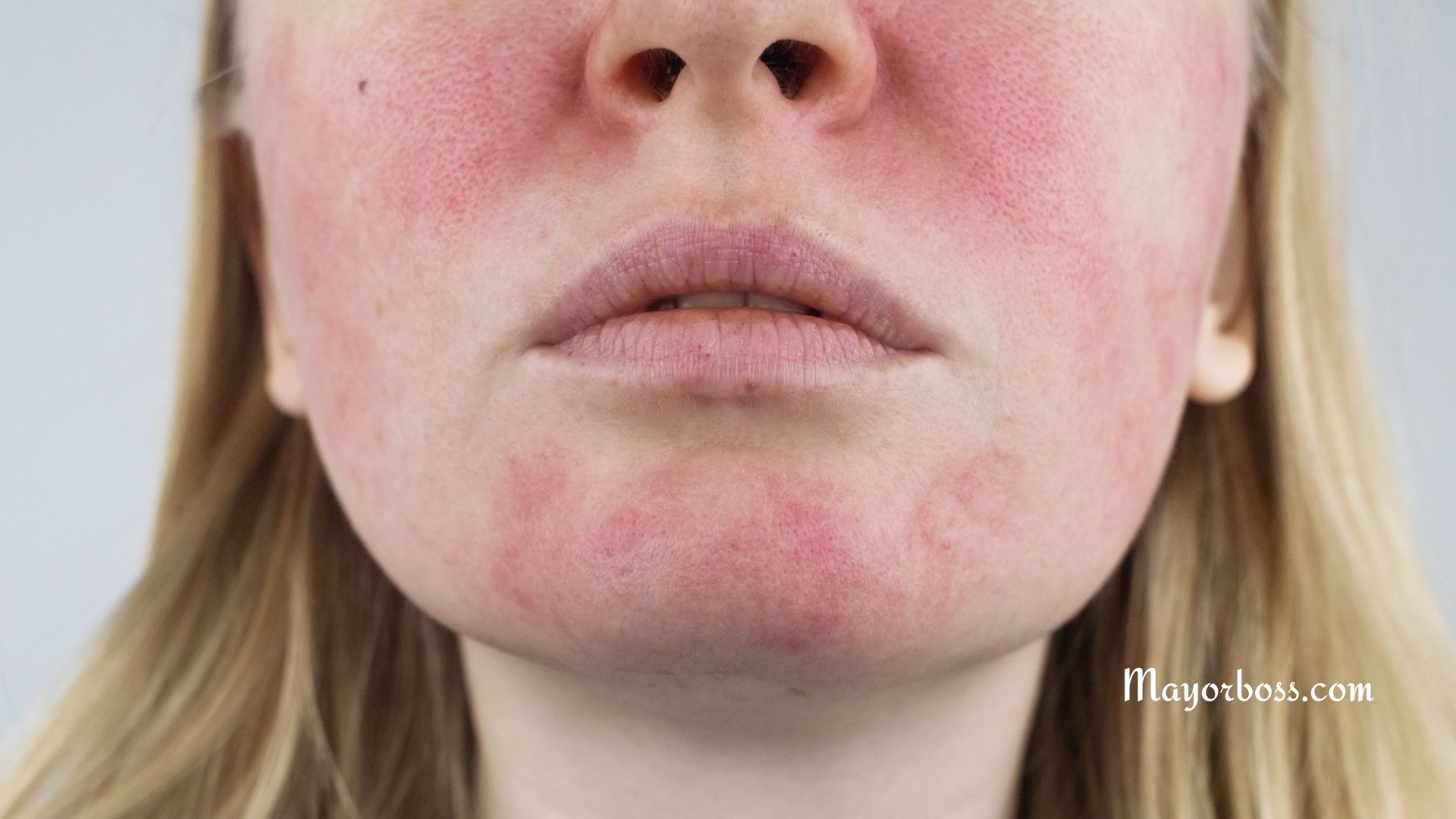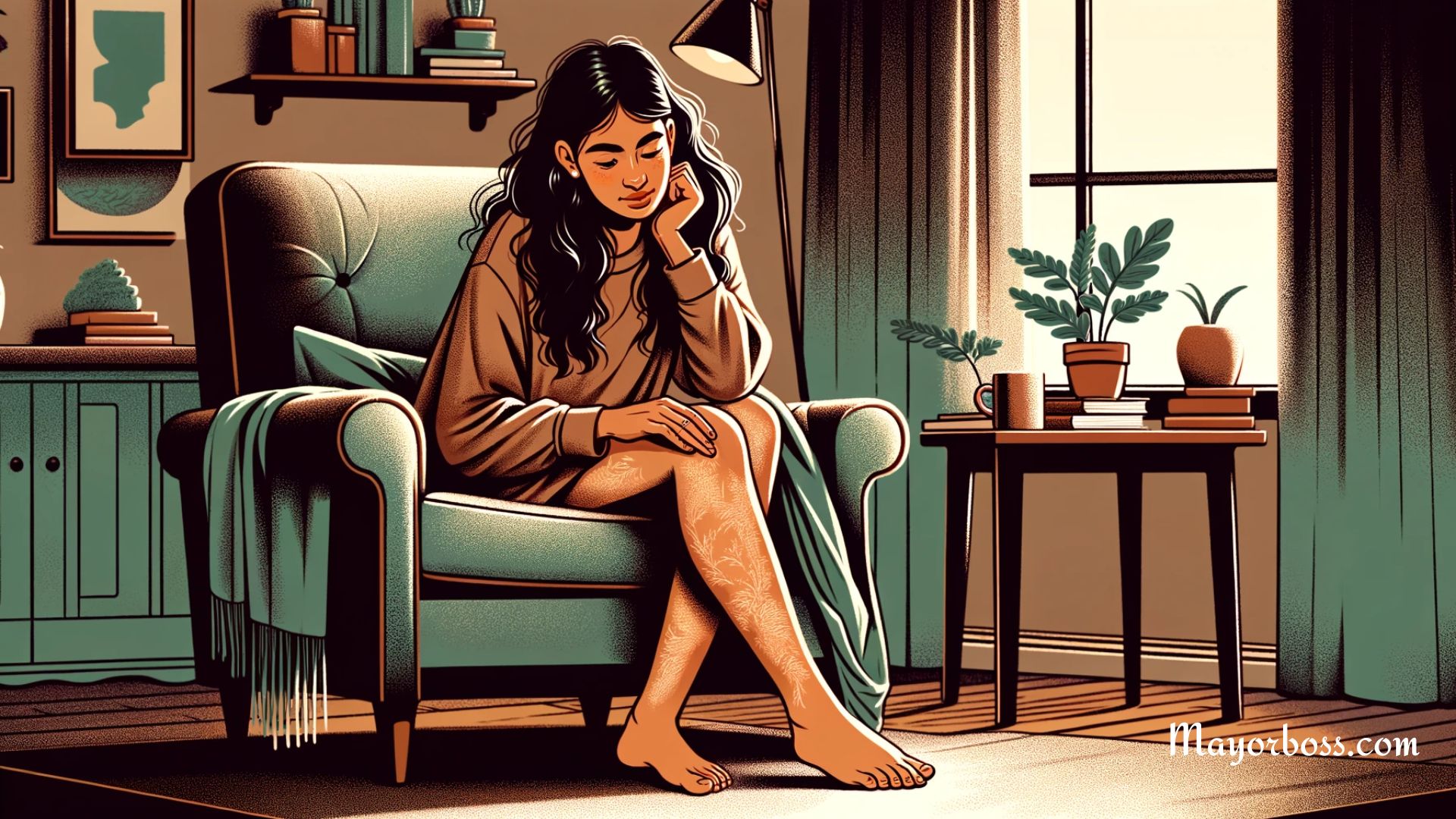When Should You Pop a Blister?
Blisters are a common skin condition that can occur due to various reasons, such as friction, burns, insect bites, and infections. They are small pockets of fluid that develop on the skin’s surface and can cause discomfort and pain. While it may be tempting to pop a blister, it is not always the best idea. In this blog post, I will discuss when you should pop a blister and when you should leave it alone.
What is a blister?
Before I discuss when you should pop a blister, it’s essential to understand what a blister is. A blister is a small fluid-filled sac that forms on the skin’s surface. They can appear as a result of various causes, including burns, sunburn, friction, and insect bites. Blisters usually contain a clear liquid, but they can also contain blood or pus.
When should you pop a blister?
In most cases, you should avoid popping a blister. Blisters are the body’s way of protecting damaged skin, and popping them can disrupt the healing process and increase the chance of infection. However, there are some situations where popping a blister may be necessary or beneficial.
According to the American Academy of Dermatology (AAD), you should only pop a blister when it is large or painful. In such cases, seeking medical attention and having a healthcare professional drain it safely is best. However, if you must pop a blister at home, follow these steps:
- Clean the area: Before touching the blister, wash your hands and clean the blister area with soap and water.
- Sterilize a needle: Sterilize a needle or pin with rubbing alcohol or heat it with a lighter flame until it turns red-hot.
- Puncture the blister: Gently puncture the blister with the sterilized needle or pin. Make a small hole near the blister’s edge and avoid tearing the skin.
- Drain the fluid: Gently press the blister’s edges to drain the fluid. Do not remove the overlying skin, as it acts as a natural barrier against infection.
- Apply an ointment: Apply an antibiotic ointment, such as Neosporin or petroleum jelly, to the blister and cover it with a sterile adhesive bandage.
It’s important to keep the “roof” (the skin) covering the blister intact as it acts as a natural barrier against infection. If the skin covering the blister comes off, apply an antibiotic ointment and cover the area with a sterile bandage or dressing.
When should you not pop a blister?
Experts say you should not pop a blister if it is small, painless, or in an area that is not at risk of breaking open. Doing so may increase your risk of infection and slow down the healing process. Also, if you have a blister caused by a medical condition, such as herpes, eczema, shingles, or chickenpox, avoid popping it. It can worsen the condition and lead to complications.
What’s more, the American Academy of Dermatology suggests you should not puncture a burn blister. Instead, you should apply petroleum jelly two or three times daily and cover the area with a nonstick, sterile bandage.
How to care for a blister?
If you decide not to pop a blister, you can take care of it by:
- Keeping it clean: Wash the blister and the surrounding area with soap and water daily.
- Applying an ointment: Apply an antibiotic ointment, such as Neosporin, to the blister to prevent infection.
- Covering it with a bandage: Cover the blister with a sterile adhesive bandage or dressing to protect it from further damage and infection.
- Resting the affected area: If the blister is on your foot, avoid wearing tight shoes or engaging in activities that may cause friction.
Do blisters heal faster if you pop them?
The short answer? No, blisters do not heal faster if you pop them. In fact, popping a blister can actually delay the healing process and increase the risk of infection. It’s best to let a blister heal on its own if possible.
If the blister is in a location where it is likely to be irritated or rubbed, cover it with a sterile bandage or dressing to protect it. If the blister does need to be drained, it’s essential to do it safely and properly to minimize the risk of infection, as outlined in the previous answer.
How do you shrink a blister without popping it?
If you have a blister and you want to help it heal faster without popping it, there are several things you can do to promote healing and reduce the discomfort:
- Keep the blister clean and dry: Wash the blister gently with soap and water, then cover it with a sterile adhesive bandage or dressing to protect it from further irritation and prevent it from popping.
- Apply a cold compress: Use a cold compress, such as a bag of ice or a cold, damp cloth, to reduce swelling and inflammation around the blister.
- Elevate the affected area: If the blister is on your foot or leg, elevate the affected area to reduce swelling and pressure.
- Apply an ointment: Apply a topical ointment, such as petroleum jelly or aloe vera, to help soothe the blister and keep it moisturized.
- Wear comfortable shoes: If the blister is on your foot, wear comfortable, well-fitting shoes that don’t rub or irritate the affected area.
- Avoid popping the blister: As mentioned earlier, popping a blister can delay healing and increase the risk of infection. It’s best to leave the blister intact and let it heal on its own.
It’s important to note that if the blister is large, painful, or becomes infected, it’s best to seek medical attention from a healthcare professional who can provide appropriate treatment and care.
When to Seek Medical Attention
In some cases, blisters may be a sign of an underlying condition that requires medical attention. Seek medical attention if:
- You have a fever or other signs of infection.
- The blister is large or located on your face or genitals.
- The blister is the result of a burn or chemical exposure.
- You have a history of diabetes, circulation problems, HIV, or other medical conditions that increase the risk of complications.
- You have a blister that is not healing or is getting worse.
In conclusion, it’s best to leave blisters alone and let them heal on their own without popping them. If you must pop the blister, be sure to do it safely and properly.

